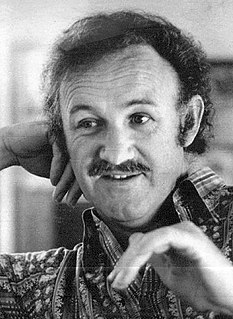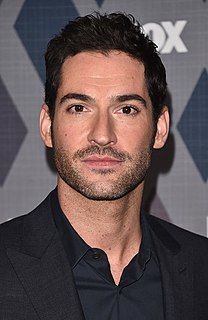A Quote by Karl Marlantes
When I first got back from the war, I said, 'I'm gonna write the Great American Novel about the Vietnam War.' So I sat down and wrote 1,700 pages of sheer psychotherapy drivel. It was first person, and there would be pages about wet socks and cold feet.
Related Quotes
My original book [Straight to the Heart: Political Cantos] was 1,700 pages. The first editor brought it down to 700; there was a lot that didn't make it in. But at last it's finished. I had a hard time signing off on it. And I was worried about it hurting anyone I loved even indirectly. I sat in my room afterwards for two hours wondering what I had done. I wondered about it being judged and if people would understand.
I finished my first novel - it was around 300 pages long - when I was 16. Wrote one more before I got out of high school, then wrote the first Lincoln Perry novel when I was 19. It didn't sell, but I liked the character and I knew the world so I tried what was, in my mind, a sequel. Wrote that when I was 20, and that one made it.
During my last year of college I wrote the same ten pages over and over again. Those ten pages became the first few pages of my first novel. I can still recite the opening paragraph from memory - only now I cringe when I do it because they are - surprise! - a classic example of overwriting, in addition to being a more than a little pretentious.
I really do believe that chance favours a prepared mind. Wallace Stegner, who was one of my teachers when I was at Stanford, preached that writing a novel is not something that can be done in a sprint. That it's a marathon. You have to pace yourself. He himself wrote two pages every day and gave himself a day off at Christmas. His argument was at the end of a year, no matter what, you'd got 700 pages and that there's got to be something worth keeping.



































